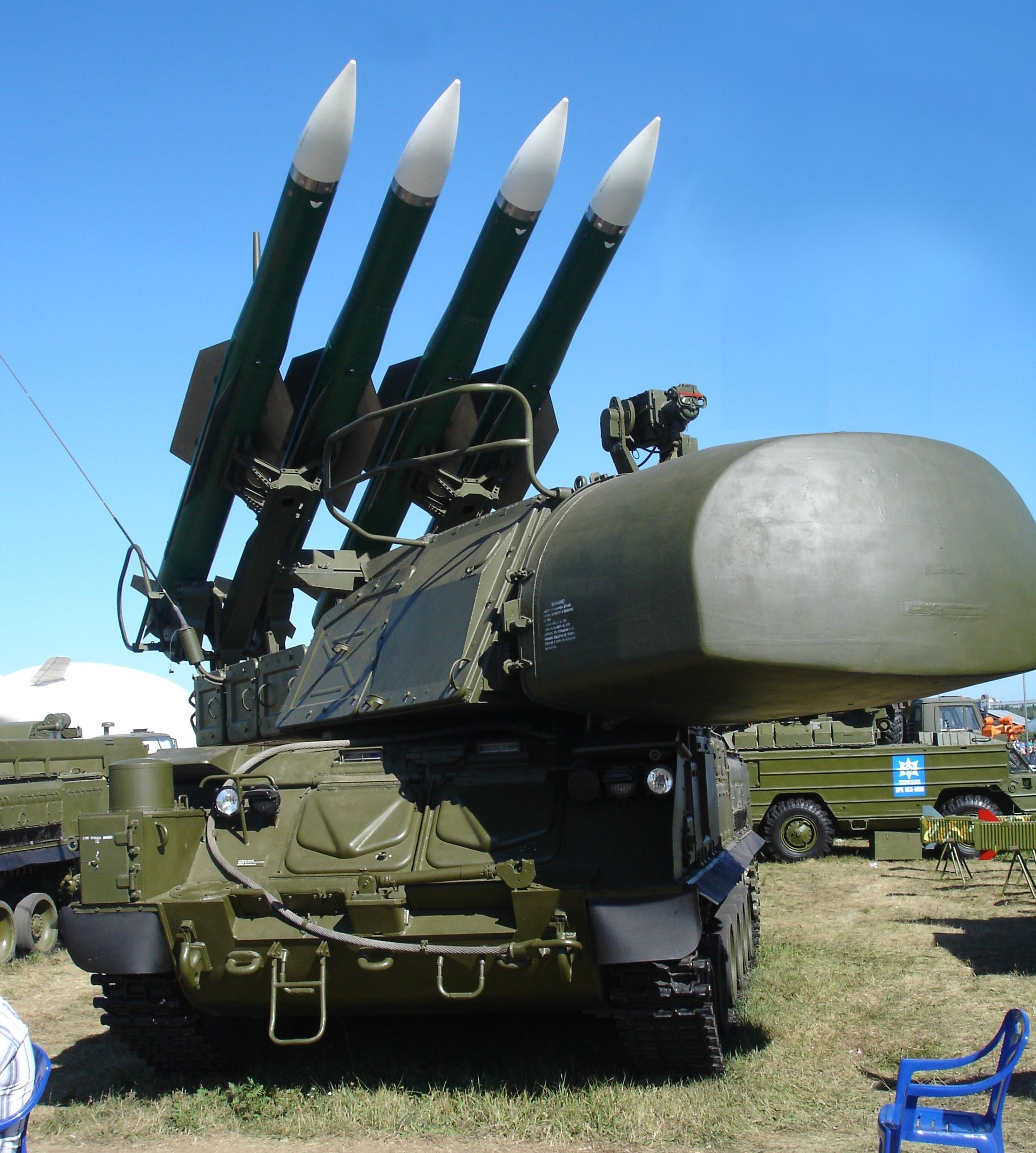 |
| A pro-Russian separatists looks at the crash site. Courtesy Reuters/Maxim Zmeyev. |
Tensions are high, but rhetoric (with the exception of good
old Uncle Joe) has remained relatively low-key as countries wait to find out who launched
the attack. Calls for investigations by an international body, or by the
Ukrainian government, have come from every corner. The UN Security Council will
hold an emergency
meeting today to discuss how the international community can move forward. Yet
for a few hours yesterday, it looked, and felt, like NATO was about to go into Ukraine, and Russia would inevitably follow, and the world would be left to watch in horror as another global war broke out.
That the missile used to strike the plane was likely Russian-made
is the one of the most dangerous aspects of this latest crisis. The Ukrainian government
has been accusing Russia of supplying the rebel separatists in the east with
advanced weaponry, including antiaircraft missiles, for weeks,
and has been met with staunch Russian denials. Despite the accusations that the
rebels or the Russians shot down the plane, representatives of the People’s
Republic of Donetsk deny they can shoot down planes over 10,000 feet, and the
Malaysia Airlines plane was shot down from 32,000. The rebels (and Pres. Putin) have accused the
Ukrainian government itself of shooting down the plane, in an effort to earn
the separatists international condemnation.
Yet one of the rebel leaders posted on social media Thursday
that they had shot down a Ukrainian military transport, a suspected
misidentification due to the similar colors in the Malaysia Airlines logo. Once
the news broke that the plane was a passenger jet, the post was removed. The
attack also came just one day after the US confirmed that Russia had fired its
first missiles into Ukraine,
and had imposed further sanctions on Russia as a result.
Given the climate of heavy suspicion against Russia and its
separatist proxies in Ukraine, one can understand Putin’s call for peace talks
this morning, as well as his direct request to the rebels that they lay down
their arms. Yesterday, he had accused the Ukrainian government of the attack;
today, he appears to have moderated his stance, but
“did not address the key question of whether Russia gave the rebels such a
powerful missile.”
 |
| Buk missile system, the suspected culprit. |
What is certain is that determining responsibility, while
the first item on the international community’s agenda, will be difficult given
the lack of access to the area. AP reports that to get to the crash site from
rebel-held Donetsk, one must pass through five checkpoints with document checks
at each. The confusion of the rebels who are currently grappling with an
international incident with very little, if any, experience doing so, is
apparent in the differing statements given by their representatives. While one
reported this morning that no black box had been found, another said that eight
of twelve recording devices from the plane had been recovered.
Compounding the tragedy are the three hundred lives that
were senselessly lost in a conflict that most, if not all, had nothing to do
with. More than collateral damage, their deaths represent the danger of arming
proxy groups with such advanced and dangerous weapons, only to let them loose
in another country. The victims included a large contingent of high-level AIDS
researchers en route to an AIDS conference in Kuala Lumpur, and their deaths
have caused an torrent of grief in the scientific community.
Whoever is responsible, the greatest danger now is that miscommunication or the lack of
communication between the US and Russia will allow this international incident to spiral into regional armed
conflict, one that would likely include Russia and NATO forces. Yet if Russia disavows the rebels, coaxes them into a cease-fire or peace deal, or even helps Ukraine to suppress them, this could be an opportunity to improve frosty US-Russian relations. If cooler heads
are allowed to prevail, and a solution for the situation in the Ukraine can be
found out of this tragedy, then the 300 lives lost will not have been completely in vain.
Wow hadn't seen a picture of that Buk system, it looks pretty nasty. Is it me or does it seem that the international community either does not care or is relatively powerless in this instance? I mean, we pretty much know it was Pro-Russian Separatists, armed by Putin himself and yet, I doubt anything will happen. The crash site is already contaminated and you can bet that the Russians have already taken all the evidence away so that they can ensure plausible deniability. My Ukrainian friend was saying that the Russian press is reporting that it was Ukrainians trying to target Vlad's plane as he was leaving Ukraine for the day on peace talks. The Russian spin is so ridiculous at this point that I doubt their own citizens are believing it anymore. But again, given the power of the Russian military, I don't think there is anything NATO can/will do. Reminds me of Libyan Arab Airlines flight 1103.
ReplyDelete